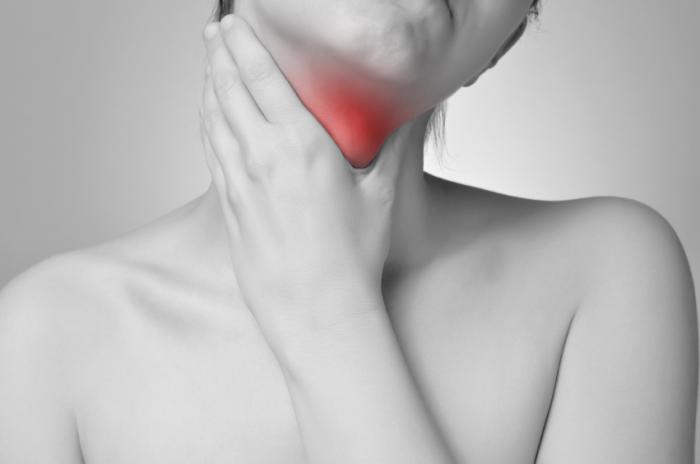Hypothyroidism, also known as underactive thyroid tissue, is a common disorder of the thyroid gland. One of the glands of the endocrine system, the thyroid gland is situated in the front lower part of the neck. It releases hormones that influence the function of almost every part of the body, including the skin, the muscles, the heart, and the brain.
The thyroid gland is also responsible for the body’s metabolic processes, from how the cells of the body utilize energy from the food a person eats to how it energizes the body for its daily functions. The body’s metabolism also influences the body’s properties, including its temperature, heartbeat, and calorie-burning capabilities. Deficiency of the thyroid hormone leads to the gradual deterioration of the body’s function, leaving it with less energy and hypoactive metabolism.
According to My Virtual Medical Center, spontaneous hypothyroidism is not frequent, as it has a prevalence rate of only one to two percent and is more common in females (usually eight to ten times more than in males). It is also noted that cases of atrophic hypothyroidism, a kind of thyroidism that does not present goiters, are six times more frequent in females. On one part, Hashimoto’s thyroiditis is also more common in females and in late middle age. Generally, the incidence of hypothyroidism is directly proportional to age.
As per Web MD, Hashimoto’s thyroiditis is the most common cause of hypothyroidism. The publication added that the term “thyroiditis” is an inflammation of the thyroid gland. With regard to its pathophysiology, Hashimoto’s thyroiditis leads the body’s immune system to produce antibodies that are set to attack and destroy the thyroid gland, as the immune system recognized the gland as a foreign body and a threat to health. It is also noted that the thyroiditis may also be caused by a viral infection.
Other causes of hypothyroidism include lack of iodine in the diet, since the iodine is essential for thyroid function; thyroid surgery, as there will be no thyroid gland to produce the hormones necessary for the body’s metabolism; the use of certain medications, such as amiodarone, interferon alpha, lithium, and interleukin-2, as they may sometimes affect the production of thyroid hormone; and radiation therapy to the neck area and radioactive iodine treatment, since both damages the thyroid cells through radiation.
Due to the low production of the hormones triiodothronine (T3) and thyroxine (T4) in hypothyroidism, the condition presents usual symptoms like fatigue, weight gain, being sensitive to cold, constipation, pain or numbers or tingling sensation in the hands and fingers, slow locomotion and thoughts, muscle cramps, muscle aches and weakness, dry and scaly skin, brittle hair and nails, depression, loss of libido or sex drive, and irregular or heavy menses. According to NHS UK, the members of the gray population with an underactive thyroid may also exhibit memory problems and depression. In addition, children with the condition may experience stunted growth and development; however, teenagers may have an earlier puberty onset than normal.
While hypothyroidism usually affects middle-aged and older females, anyone across the lifespan can also have the condition, even infants, according to Mayo Clinic. For babies, the signs of hypothyroidism are yellowing of the skin and sclera, the white part of the eyes (jaundice), frequent choking, a large protruding tongue, and a puffy face. Due to the impaired metabolic activity, infants with hypothyroidism may also experience constipation, excessive sleepiness, and poor muscle tone.
If the underactive thyroid is not treated, symptoms like a low-pitched and hoarse voice, a puffy-looking face, thinning of eyebrows, a slow heart rate, hearing problems, and anemia, may arise later in life.
If a person experiences some of the aforementioned signs and symptoms, he should consult his physician for medical assessment, intervention, evaluation, and advice.
